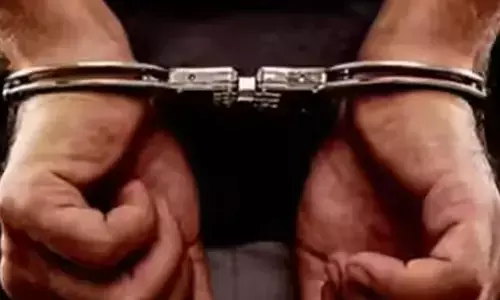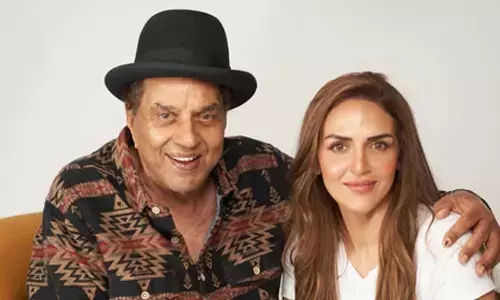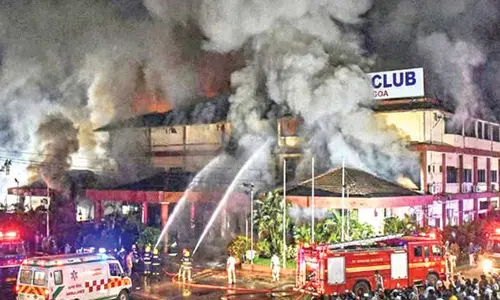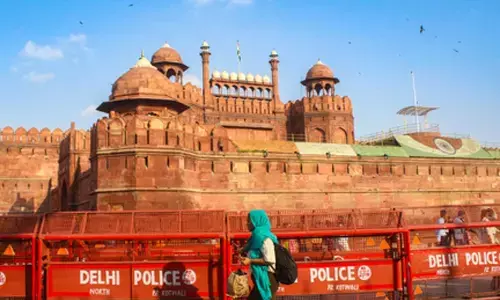Kerala Advocates For The Reduction Of Environmentally Sensitive Areas.
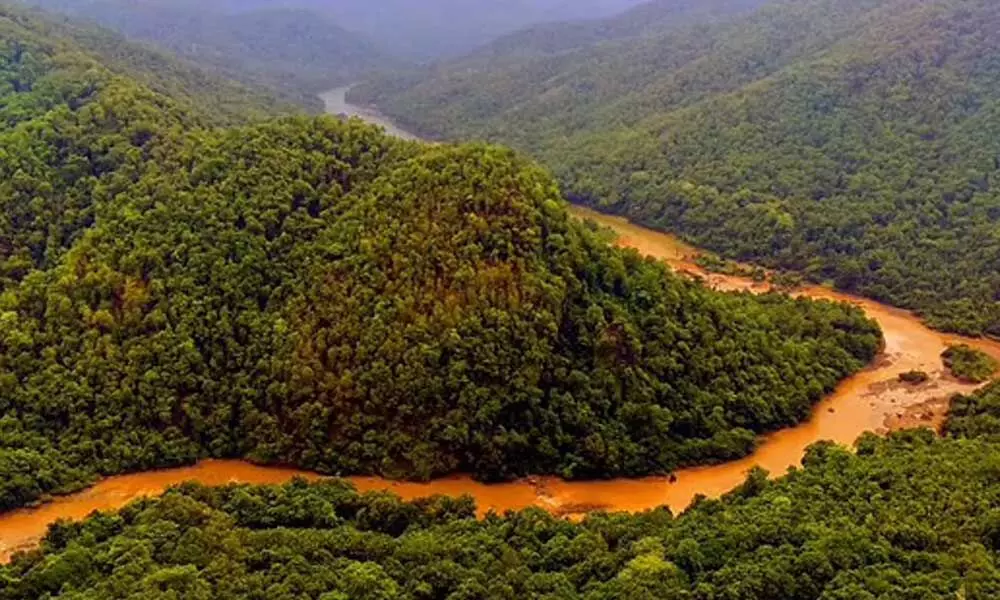
Kerala Advocates For The Reduction Of Environmentally Sensitive Areas.
- The monsoon has become more unpredictable, and Kerala's rainfall pattern has changed dramatically.
- The removal of non-core land from the ESA will result in unrestrained development and quarrying in the Western Ghats.
Heavy rains, severe floods, and deadly landslides have plagued the region for three years. Kerala has become more exposed to extreme weather occurrences as a result of climate change. The monsoon has become more unpredictable, and Kerala's rainfall pattern has changed dramatically. The state has been pushing the Ministry of Environment, Forest and Climate Change (MoEF&CC) for relaxations in the Western Ghats protection standards.
Environment activist C M Joy remarked that the efforts to shrink the Ecologically Sensitive Areas shows that people haven't learnt the lessons from the tragedies. The removal of non-core land from the ESA will result in unrestrained development and quarrying in the Western Ghats. More landslides will occur as a result of this.
Madhav Gadgil, an ecologist mentioned in his report that they contribute to tragedies by allowing risky operations in the Western Ghats. The research advocated for a decentralised model in which local residents have a role in development. However, the government has chosen to disregard it. They need to empower people at the grassroots level because they bear the brunt of natural calamities. It further stated that climate change has resulted in heavy rains, and they can assume more natural disasters in the upcoming years.
Kerala Finance Minister K N Balagopal has written to the Union Minister of Environment and Forests, requesting that the Western Ghats' Ecologically Sensitive Areas (ESA) be delineated, avoiding areas with human habitations.
Kerala Independent Farmers Association (KIFA) chairman Alex Ozhukayil refuted the charges, saying there is no scientific evidence that quarrying causes landslides. Kerala has a forest cover of 29.65% and a tree cover of 54 percent. Though this is beneficial, some individuals are enforcing environmental rules on farmers, which has a negative impact on our livelihood. According to the Kasturirangan assessment, the majority of the 123 villages included in the ESA have a high population density. They have urged the government to split communities into Revenue and Forest villages. He believes that only forest settlements should be included in the ESA.
While a government official said that it is not feasible to prohibit all quarrying activity. Quarry restrictions will have a negative impact on infrastructure projects. The state government formed a team led by P H Kurian in 2018 to physically verify and decrease the Kasturirangan Committee's suggested Ecologically Sensitive Areas.
Meanwhile, This is the state's fourth move to weaken the legislation governing the protection of the Western Ghats. The Western Ghats Ecology Expert Panel, led by ecologist Madhav Gadgil, published a report in 2011 that classified 64 percent of the Western Ghats, which cover six states, as Ecologically Sensitive Zones. To conserve the ecosystem, the group recommended that land use patterns be maintained and that river diversion be stopped. The report was shelved by the government, and a new panel was constituted under former ISRO Chairman K Kasturirangan. The committee reduced the Gadgil panel's findings, recommending that 37% of the Western Ghats be designated as Ecologically Sensitive Areas. In ecologically sensitive areas, the Kasturirangan group suggested a prohibition on operations such as mining, quarrying, and construction. ESAs were recognised by the panel in 123 villages across 12 districts.









